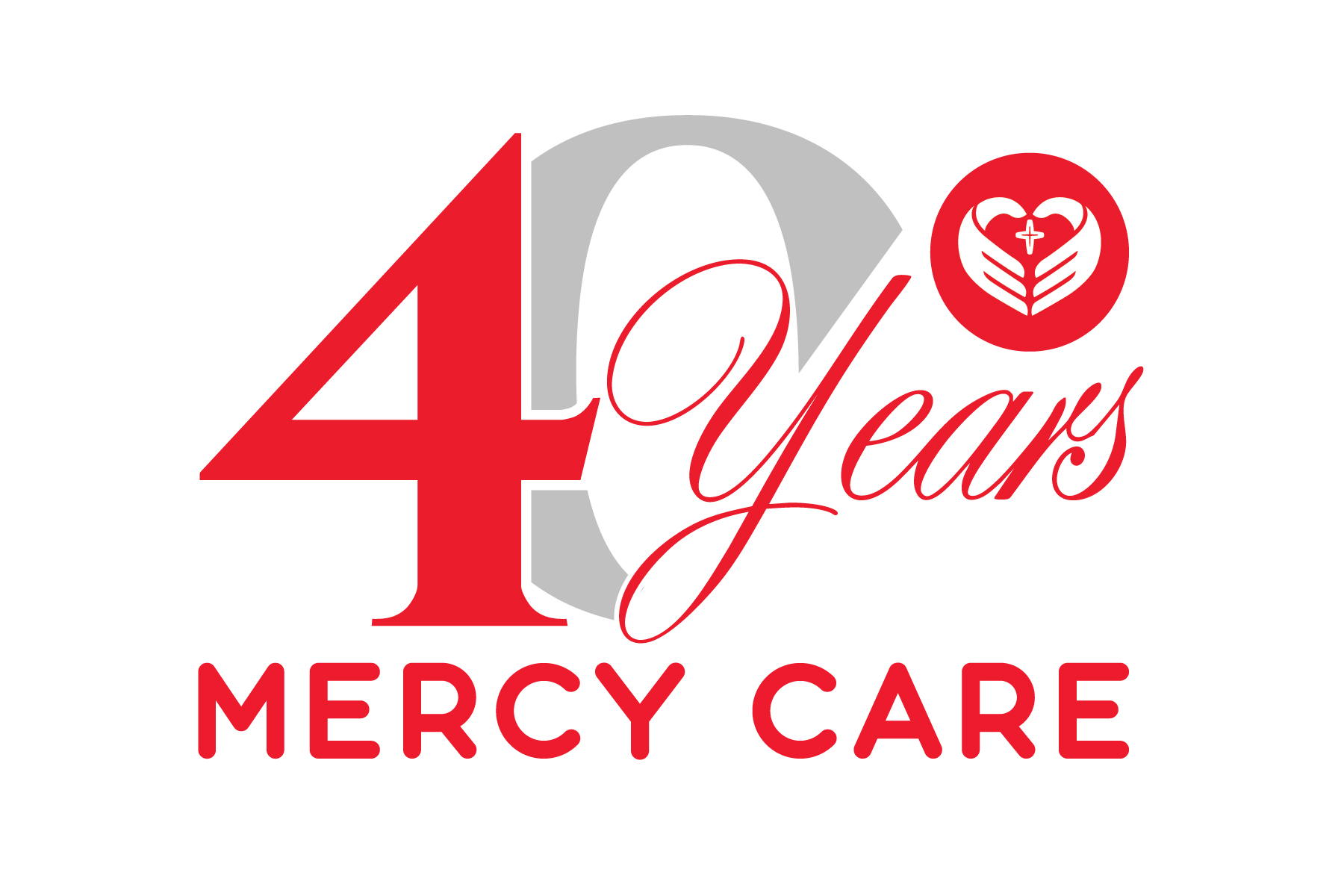“I wish I knew then what I know now.”
Journeys intertwine at Adult Day Health.
It’s hard to know what to do when your loved one begins to change with dementia. Many caregivers press on and remain unaware of resources at hand. They might not reach out for help or know where to go.
Thelma House first sought care in 2014 for her husband, Carlton, who was battling Alzheimer’s. She found Mercy Care in downtown Rome and enrolled Carlton in Adult Day Health, looking for some relief from her constant care during the day. But she struggled with the guilt of being away from him for too long. So she would only leave him in care from 10 a.m. to 2 p.m. – an insufficient amount of time for her to sleep and recover, which she now regrets. “I wish I knew then what I know now,” Thelma said. “He would’ve done better and I would’ve done better if I had used the program to its fullest.”
Also in 2014, Kitty Barton enrolled her husband, David, in Adult Day Health. David was 65 when he was diagnosed with Parkinson’s, which can lead to dementia 50-80% of the time. To ease the incoming costs of care, Kitty kept her job at a local bank. But this meant finding a place for David to spend his days while she was at the office. “I needed that respite to be able to go to work every day and not have to worry about his safety and happiness,” Kitty said.
While Thelma and Kitty navigated the often stressful roles of caregivers separately, their husbands were coming together. Spending their days at Mercy Care Adult Day Health, Carlton and David would connect over crafts and conversations, meals and activities. Both were battling dementia, and were often confused about where they were. But at Mercy Care, that displacement seemed to disappear. There, they had a purpose. They were part of a community.
“What I saw at Mercy Care was just complete dignity,” Kitty said. “Everyone was treated as if there was absolutely nothing wrong with the way they were. They’re treated equally with love and affection and attention.” And for persons battling dementia, that sense of security is vital to proper care. The right environment can help give them clarity for extended periods of time. “Mercy Care was doing this for David,” said Kitty.
During this time, Thelma and Kitty never had a chance to meet – until the fateful day when Carlton and David both reached the point of needing full-time assisted living. The two caregivers each knew about their husbands’ friendship, and finally bumped into each other while dealing with paperwork at the assisted living facility. They connected the dots, and began a friendship of their own. They leaned on each other as David and Carlton transitioned to assisted living and then onto acute care; a difficult progression for caregivers to watch.
“It just didn’t compare to Mercy Care,” Thelma reflected. “We were so spoiled there that when we moved to assisted living, we were shocked. The activity level and creative thinking was just nowhere near what we had at Mercy Care.” Even so, David and Carlton lived next door to each other for the remainder of their time in assisted living. “They had each other,” Kitty said. “They were buddies through it all.”
Sadly, Carlton passed away in 2017. But David still receives visits from Carlton’s wife, Thelma, and David’s wife Kitty remains active at Mercy Care. In fact, she’s now on the board.
“Simply because it means that much to me,” she said.
Kitty continues to advocate for extended hours and services at Mercy Care. She herself has assisted with financial education programs for Grands Who Care, providing support and resources for grandparents who act as the primary caregivers for their grandchildren.
Thelma became an advocate for Adult Day Health services as well, recently standing up at Changes in Aging, a community event at Mercy Care, to encourage other caregivers not to short change themselves and accept the care that is available while you can. She now serves others at Mercy Care as ‘someone who’s been there’ – a reference for caregivers needing guidance and reassurance when seeking help.
Though they met under unfortunate circumstances, Kitty and Thelma became a needed support system for each other in caring for their husbands’ dementia. David and Carlton’s friendship lives on through Kitty and Thelma, and the resources they continue to provide to other caregivers in need.


















